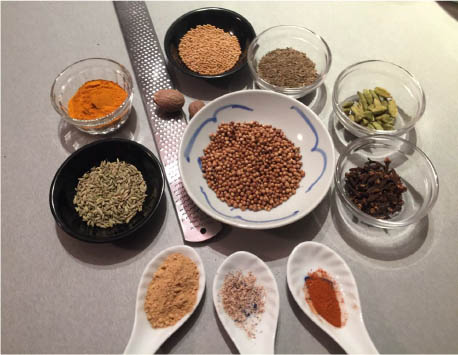



The author, Dr. Gabor Maté is Canadian. He is a medical doctor that practiced as family doctor in Vancouver and also worked in clinic in downtown Vancouver clinic where he dealt with drug addiction patients, mental illness patients and HIV patients.
In the When the body says NO he puts together scientific research, case histories and his experience on the subject of how emotions and psychological stress play a powerful role in the onset of chronic illness, including breast cancer, prostate cancer, multiple sclerosis, Alzheimer’s disease and many others. By presenting scientific evidence and his case studies he aims to enlighten and empower people to promote their own healing. Mate explores the link between the mind and the body.
Maté dives deeply into his patient’s family histories and finding that life-threatening diseases existed side by side with such things as alcoholism, neglect, anger and repression of emotion. He compares his case studies and draws conclusions and presents scientific evidence about diseases.
He shares stories of famous people like like Ronald Reagan (Alzheimer’s) and Lance Armstrong (testicular cancer). He stresses the link between emotions and illness.
In his book he discusses topics like – Can a person literally die of loneliness? And Is there a connection between the ability to express emotions and Alzheimer’s disease?
He is also suggesting that patients with certain diseases such as breast cancer, ALS and MS, have distinctive personalities. He talks about power of negative and positive thinking.
Some examples of the diseases that he discussed are:
ALS -he found that his ALS patients have the following characteristics – are not expressing their feelings, have fear of abandonment; have inability to ask or receive help, are self-driven and are the most pleasant people
Breast Cancer patients when asked what they think caused their cancer, 42% said that stress caused their cancer. He also mentioned the evidence is that genetics cause cancer is around only 7%.
Mate says that stress leads to disruption of homeostasis. Chronic disruption results in ill health. Emotional competence is what we need to develop to protect our self from hidden stresses. We need to create emotional competence as preventive medicine.
Emotional competence requires:
Stress occurs in the absence of these criteria.
Dr. Maté invites readers be their own health advocates by pursuing emotional competence in seven areas which he refers to as The Seven A’s of Healing : principles of healing and the prevention of illness from hidden stress . These seven As are – acceptance, awareness, anger, autonomy, attachment, assertion, and affirmation.
I found the book difficult to read, not because how it is written or the language used, but I got really emotional reading it as I was relating to the stories in the book. Since I have experienced a few traumas and serious illnesses in my life I was seeing the connections. I had to put down many times and come back to the book and keep reading.
I would most certainly recommend it to clients who are experiencing stress in their lives and dismissing the stress as it is not a big deal. There is some medical terminology but overall is easy to read.
In our fast paced society, we are often eating on the go, reaching for convenient processed foods, eating in front of the TV or eating at our office desks while working.
Sometimes we skip meals because of our fast-paced and busy lifestyles.
Eating food in a rush, even if it is nutritious food, is not healthy and can over time be detrimental to your health. Recent studies show that eating too fast and not chewing food properly can not only increase your weight but also can predispose you to cardio metabolic conditions like heart disease, diabetes and stroke.
Japanese cardiologist Takayuki Yamaji conducted a study over 5 years where participants were divided into groups depending on how fast they were eating. The study concluded that subjects who were in the fast eaters group had significantly higher likelihood of developing metabolic symptoms. This can be attributed to a tendency to overeat. Eating fast also contributed to bigger fluctuation of glucose and therefore insulin resistance and metabolic syndrome.
As it turns out, it takes our brain 20 minutes to realize that our stomach is already full and therefore by eating slower, we will feel full sooner, eat less and this may also aid in weight loss.
There are different ways we can improve our eating habits: